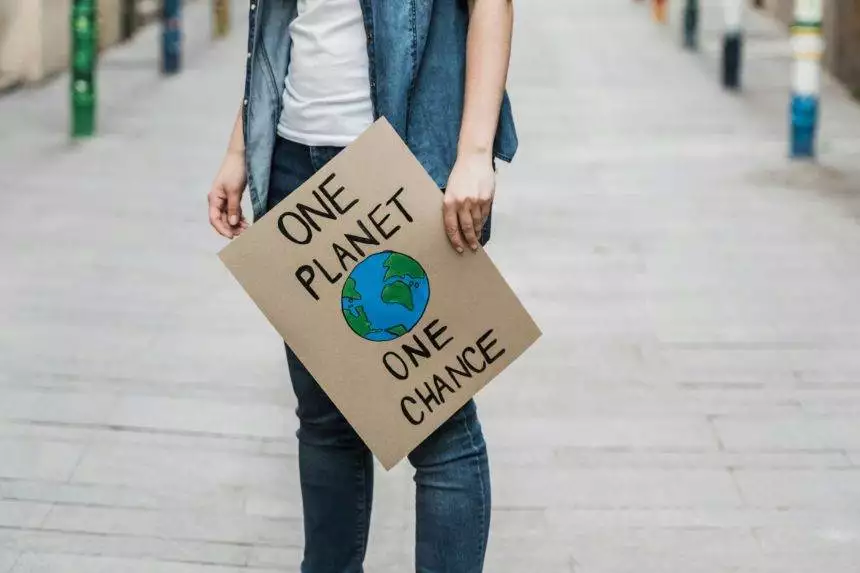Earth’s climate is constantly changing, and these changes have an ever-increasing impact on our planet. From extreme phenomena to the degradation of ecosystems and the threat of species, climate change is a serious problem facing us today. But how do these changes affect the environment in which we live and how can we cope with these challenges?
Extreme phenomena: the consequences of climate change
One of the most obvious effects of climate change is the rise of extreme phenomena. From record heat waves to devastating storms and massive floods, extreme phenomena are becoming more and more frequent and intense. These events can lead to loss of human life, significant material destruction and can negatively affect the global economy.
Ecosystem degradation: the result of climate change
Climate change has a significant impact on the environment.systems all over the world. Increasing temperatures and changes in precipitation patterns can lead to degradation of natural habitats and loss of biodiversity. Tropical forests, coral reefs and mountain areas are just a few examples of ecosystems that are threatened by climate change. This degradation of ecosystems can have serious consequences for natural resources, food and the global economy.
Climate change and species threat
Climate change is a serious threat to many species of plants and animals. Increasing temperatures can affect breeding cycles, migration and availability of food for many species. The north and south polar are among the most affected areas, where animals such as polar bears and penguins lose their habitat and need to adapt to new and more difficult conditions. If we don’t take steps to reduce the impact ofclimate changes, these species may be endangered by extinction.
Global economy in the face of climate change challenges
Climate change has a significant impact on the global economy. From rising insurance costs in the wake of natural disasters to declining agricultural productivity and rising production costs, climate change is a threat to economic stability. Investment in renewable energy and carbon-efficient technologies can play a key role in reducing the impact of climate change on the global economy.
Climate change and human health: a devastating impact
Climate change also has an impact on human health. Increased temperatures may increase the incidence of vector-borne diseases, such as malaria or dengue fever. Also, air pollution and increasespoor sea level may have negative effects on people’s respiratory and cardiovascular health. It is essential to take measures to reduce greenhouse gas emissions and to protect human health from the impact of climate change.
Climate change solutions: an urgent need
Combating climate change is an urgent need. It is essential to reduce greenhouse gas emissions by adopting renewable energy and carbon-efficient technologies. It is also important to protect and restore natural ecosystems, which can play an important role in carbon absorption and reducing the impact of climate change. Each individual can contribute to reducing personal impact by adopting a sustainable lifestyle and supporting initiatives and policy that promote environmental protection.
In the conclusia, climate change has an increasing impact on our planet. From extreme phenomena to the degradation of ecosystems and the threat of species, climate change is a serious challenge that we must face. It is essential to take measures to reduce the impact of climate change on the environment in which we live and to protect human health and the global economy.
